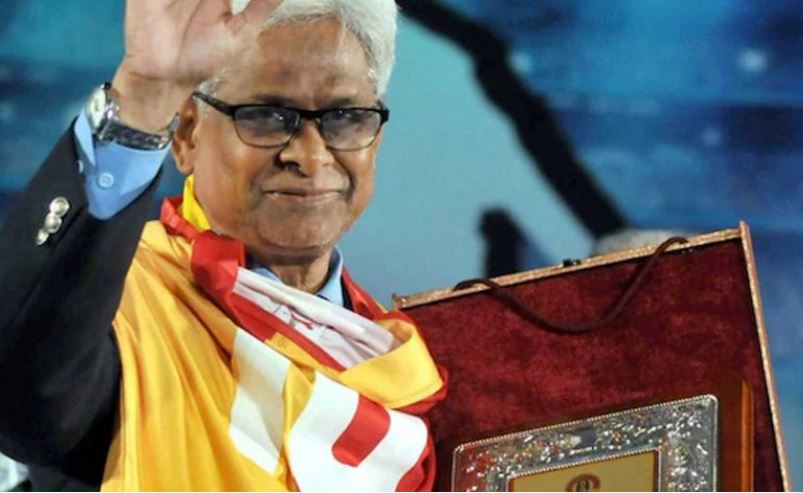
Former India captain Mohammed Habib, passed away, in his residence in Hyderabad after a long illness. The ‘Bade Miya’ of Kolkata football, as he was popularly known during his playing days. Born on July 17, 1949, the former India captain represented the country in 35 international matches, and scored 11 goals in the process, after making his debut against Thailand in the Merdeka Cup at Kuala Lumpur in 1967. Habib etched his name in the folklore of Indian Football in 1970, when he played an integral part in the Blue Tigers’ bronze medal-winning run in the Asian Games in Bangkok, Thailand. He further followed up by helping India become the joint winners of the Pesta Sukan Cup with South Vietnam in 1971. Habib played international football till 1975. He was conferred the Arjuna Award for his contribution to the game. Expressing his condolences, AIFF President Mr Kalyan Chaubey said, “I am extremely saddened to hear of the passing away of Mohammed Habib. The ‘Bade Miya’ of Kolkata football was my coach and mentor in TFA and Mohun Bagan. His contribution to India’s bronze medal-winning team in the 1970 Asian Games will be remembered forever. May his soul rest in peace. “AIFF Secretary General Dr Shaji Prabhakaran said, “Mohammed Habib was one of the finest footballers of his time, and remained dedicated to the game throughout his life. I am deeply saddened by his passing away.”
On the domestic front, Habib switched over from Hyderabad to Kolkata in 1966 when he joined East Bengal. For the next 18 seasons, he played for all three top Kolkata clubs – East Bengal, Mohun Bagan and Mohammedan Sporting – with distinction and soon grew into a legend of Indian football. His grit, determination and never-say-die attitude on the field inspired his contemporaries as well as generations of footballers.
He was so dedicated to the game that he rejected all job offers during his playing days to concentrate on his football. In a way, he was the country’s first professional footballer. Always considered a big-match footballer, Habib always shone when it was
needed most.